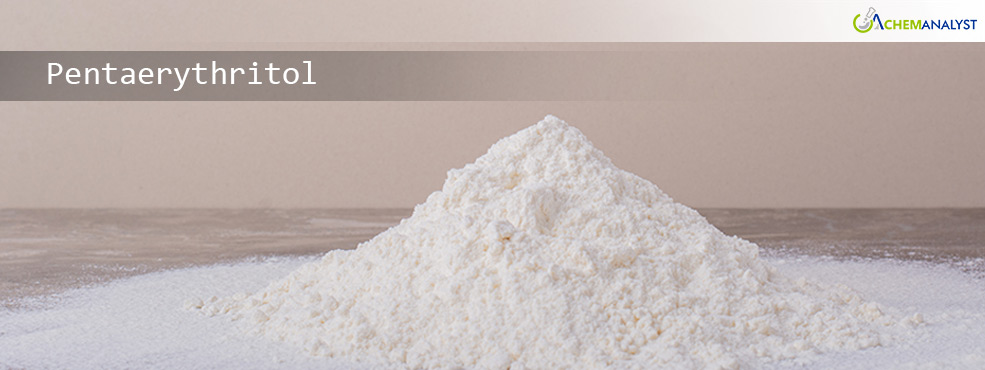Welcome To ChemAnalyst

In late July 2025, European Pentaerythritol (PENT) prices declined due to lower feedstock Formaldehyde costs and weak downstream demand, particularly from the construction sector. Supply remained moderately tight amid logistical disruptions such as port strikes, labor shortages, and high transport costs. Despite these challenges, demand stayed stable, supported by steady consumption in the paints, coatings, and cosmetics industries. Looking ahead to mid-Q3 2025, prices are expected to rise as production slows during the summer holidays and inventories tighten, while consistent demand continues to support market fundamentals.
In the latter half of July xxxx, European market participants reduced Pentaerythritol (PENT) prices. The supply was moderately tight amid ongoing logistical issues, including labor shortages, port congestions, and high transport costs. At the same time, demand remained stable to low, supported by consistent offtakes from the paints, coatings, and cosmetics sectors.
This trend was primarily due to lower feedstock Formaldehyde costs and steady availability amid weak downstream demand. By mid-Qx xxxx, PENT prices are expected to rise due to lower inventories and reduced production during summer holidays, while steady demand continues to support the market.
PENT production remained moderate in Europe, as weak downstream demand limited the output despite the steady availability of key feedstock Formaldehyde. In the construction sector, a major consumer of resin-based materials, reduced activities and material consumption lowered demand for Formaldehyde. As a result,...
We use cookies to deliver the best possible experience on our website. To learn more, visit our Privacy Policy. By continuing to use this site or by closing this box, you consent to our use of cookies. More info.
